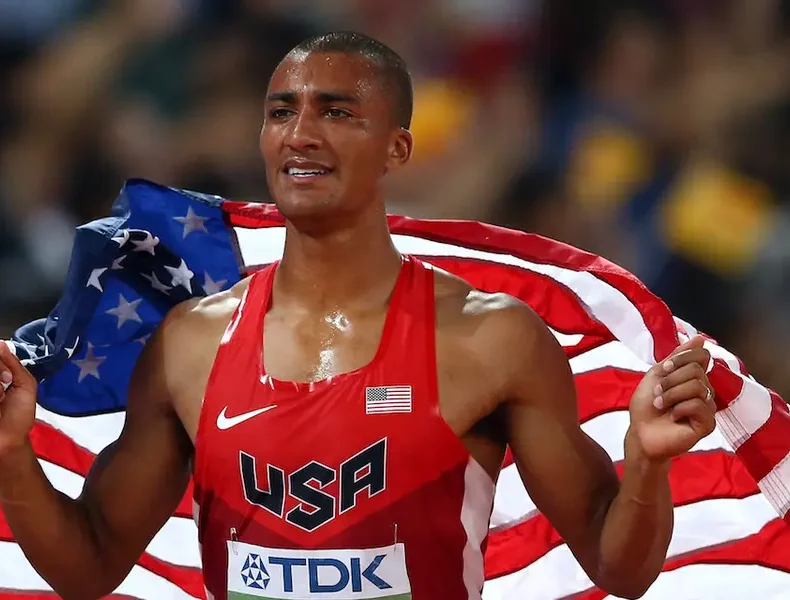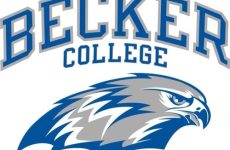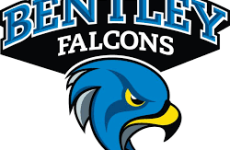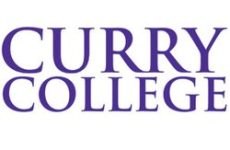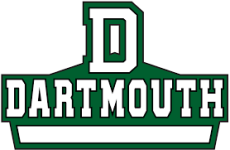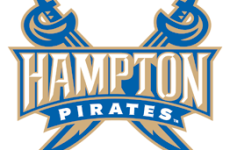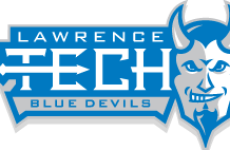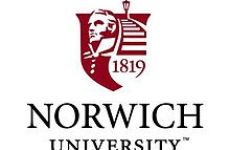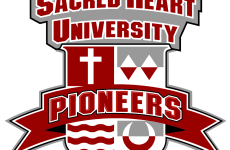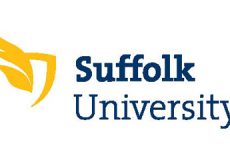“Sam embodied everything we want in a student-athlete at Clark. His selflessness, leadership and commitment were a shining example of the true essence of a Division III student-athlete.”
– Director of Athletics Trish Cronin
The Swampscott High School boys’ lacrosse team in Massachusetts won their first ever playoff game in school history in 2007. The Clark University men’s lacrosse program had their first winning season in 2012 and set the record for most wins in school history in 2013. The common denominator? One could argue it was Sam Johnson.
Johnson grew up in Swampscott and attended Swampscott High where he was captain of the lacrosse team his senior year and led them to that first ever playoff victory. His grades weren’t the best, so he spent a year after graduation attending a post-grad program at Phillip Exeter Academy to get his GPA up. After that, he was off to Gettysburg College in Pennsylvania to play lacrosse.
Johnson had earned a 4-year ROTC scholarship at the college, but his time at Gettysburg was shortened to just one year. In the fall of 2009, Johnson dropped out of school and enlisted in the Army National Guard. Joining the military had always been a goal of his, and he was burnt out from his post-grad schooling and freshman year classes. In the back of his mind, though, he knew he’d go back to school someday.
Johnson completed his basic training in Georgia and deployed to Eastern Afghanistan in March 2011. He served in Afghanistan for about 8 months as a member of the rifle platoon. His mission was Personal Security Detachment (PSD) and his unit ran province security for a reconstruction team made up of USAID state department officials.
“It was good to get out and see something a little different,” he says, “I hadn’t really thought about what it would be like too much. I went in open minded, but it was definitely a culture shock.”
“The team was probably the biggest part of my transition; it gave me an instantaneous friend group. I’ve witnessed many of my friends take different routes in an attempt to regain this sense of higher purpose, and for me I truly feel that athletics offered this to me at a time very little else would have.”
“The culture shock was almost worse going that way,” he says of transitioning from military to civilian life, “It’s difficult to see that an enormous amount has changed in the span of a few years, and I feel that it’s the lack of purpose that returning veterans face as they abruptly transition away from service.”
Johnson spent hours digging through NCAA eligibility bylaws with his father and his parents helped get everything set up so he could start at Clark once he returned from his deployment in January. Luckily, he had also spoken to the Clark lacrosse coach and was set to join the program once he arrived on campus. At the time he enrolled at Clark, though, there was one other veteran in the entire school as far as he knew. Johnson was an anomaly on campus.
“The team was probably the biggest part of my transition; it gave me an instantaneous friend group,” says Johnson, “I’ve witnessed many of my friends take different routes in an attempt to regain this sense of higher purpose, and for me I truly feel that athletics offered this to me at a time very little else would have.”
Knowing he needed extracurriculars to keep his time structured, Johnson leveraged lacrosse to help transition back into college and civilian life. The hardest part of going back to school was actually the academics. Johnson’s grades at Gettysburg were “very sub par” and being able to sit down and concentrate for a long period of time did not come easily to him. He was also a 22-year-old sophomore, an age usually designated to college graduates, competing with teammates who were 18 years old. Johnson used it as an opportunity to take what he had learned in the military and apply it to athletics.
“Sam’s leadership and demeanor defined what we want for our team captains. His commitment to his country, to his school and to his teammates will always be what we teach anyone who becomes a part of our program.”
– Clark University lacrosse head coach.
“It gave me an added leadership role because I had already been exposed to working with guys that age in the National Guard,” he says, “Coming from positions of leadership in the military allowed me to bring the best of those experiences directly to the team, bringing a whole new aspect of leadership that is hard to find on the playing field with more traditional students. Along with that, my experiences in the Army built a new foundation of priorities that I certainly did not have when I was 18.”
In fact, his impressive leadership skills led his teammates to vote for him as captain both his junior and senior years. Johnson found he was able to speak to anyone on the team openly if he saw things were going wrong. His opinion was highly valued, and coaches appreciated that he was able to contain things internally if things weren’t going smoothly.
“Clark ended up being the perfect fit academically and gave me a chance to play again,” he says.
Although they were a struggling team when Johnson first arrived, he and his teammates achieved the program’s first winning season during his first year. The team set the record for the most wins in the program’s history and qualified for the playoffs for the first time ever during his senior year.
“It was great to be part of something bigger, to all be working toward the same end goal,” Johnson says.
After graduating in 2014 with a bachelor degree in Sociology and Political Science, Johnson went back to Germany with the National Guard. He trained at a joint-naval base in Bavaria and then came back to work a few different jobs. He’s now stationed at Fort Rucker in Alabama where he’s training to be a Black Hawk pilot. Soon, when he finishes training school, he expects to be back in Massachusetts at one of the state’s two aviation units flying for the National Guard.
“Playing sports gave me a definitive sense of purpose. I would’ve been completely lost if I went back to school without playing sports. The opportunity to once again feel the pride and commitment to the name that you wear across your chest along with the chance to work towards a common goal with a tight knit group directly parallels the foundation of military service.”
“As I think back a few years later at my time playing lacrosse and the transition from the experience of a combat deployment, there is most certainly a void that needs to be filled upon a soldier’s return,” he says, “Something was certainly ‘off’ when I returned… I spent a long time trying to live the life I had enjoyed before, exactly how it had been before.”
Johnson found comfort in being a part of the Clark lacrosse team. He says the immense pressures of running combat operations as part of a rifle platoon paralleled college athletics in a way that, although he could never compare the two, is otherwise difficult to find in the civilian world.
“Playing sports gave me a definitive sense of purpose. I would’ve been completely lost if I went back to school without playing sports,” he says “The opportunity to once again feel the pride and commitment to the name that you wear across your chest along with the chance to work towards a common goal with a tight knit group directly parallels the foundation of military service.”
